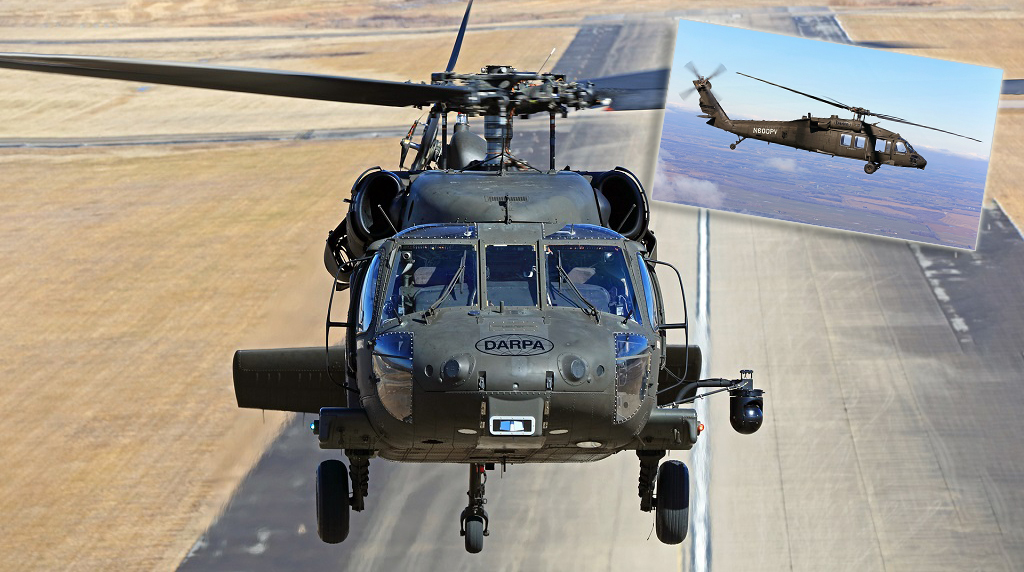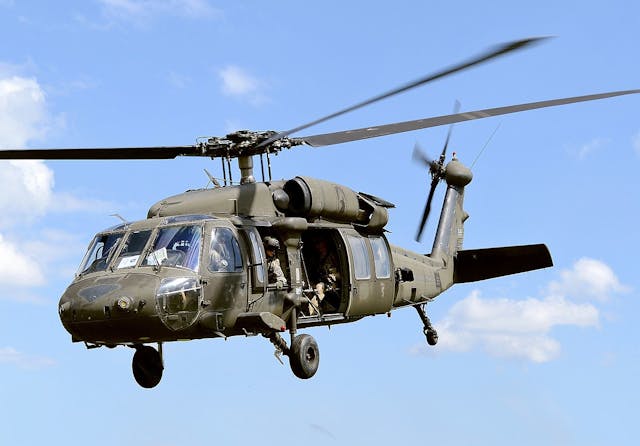History and Growth of the UH 60 Black Hawk Helicopter
History and Growth of the UH 60 Black Hawk Helicopter
Blog Article
The Effect of Lasting Practices on the Future of Aircraft Operations and Emissions Decrease
As the air travel sector faces boosting scrutiny over its environmental effect, the fostering of sustainable practices emerges as a crucial path towards future aircraft procedures and exhausts reduction. Developments in lasting aeronautics fuels and innovations in crossbreed propulsion innovations stand at the forefront of this improvement, appealing significant reductions in greenhouse gas emissions.

Summary of Lasting Practices
Lasting practices in airplane operations include a variety of strategies aimed at minimizing environmental influence while keeping operational efficiency. These practices are important in the air travel sector's commitment to decreasing its carbon impact and adhering to global environmental requirements. Secret campaigns consist of maximizing trip paths to minimize fuel usage, improving upkeep methods to make sure airplane run at peak performance, and implementing sophisticated technologies such as winglets and lightweight materials that improve aerodynamics.

Engaging and educating team on sustainability practices likewise play a vital role, cultivating a culture of ecological duty within organizations. On the whole, the combination of these sustainable techniques not only assists decrease exhausts however additionally enhances the lasting practicality of the aviation market, ensuring it meets the demands of both clients and regulative bodies while adding to global sustainability objectives.
Ingenious Fuel Alternatives
Numerous innovative fuel options are arising as essential services to lower the aeronautics market's dependence on conventional fossil gas. Amongst these choices, Sustainable Air travel Fuels (SAFs) have actually gotten considerable interest because of their potential to decrease lifecycle greenhouse gas emissions by up to 80% contrasted to traditional jet gas. SAFs are acquired from various feedstocks, including waste oils, farming residues, and also algae, making them a versatile option for the market.
One more encouraging option is hydrogen gas, which, when utilized in fuel cells, generates only water vapor as a result. This zero-emission prospective presents a substantial possibility for decarbonizing flight operations, specifically for short-haul flights and local airplane. Additionally, electrical propulsion systems are being explored, leveraging battery innovation to power aircraft. While current battery ability limitations range and payload, recurring improvements may quickly make electric trips viable for details applications - uh 60.
Finally, biofuels stemmed from biomass are being explored, supplying an eco-friendly choice that can be mixed with standard gas. Collectively, these innovative gas choices stand for an essential step towards attaining a sustainable aviation community, lining up with worldwide emissions reduction targets and boosting the sector's environmental stewardship.
Technological Advancements in Aeronautics

How can technological innovations improve More about the author the future of aviation? Developments such as hybrid and electric propulsion systems are at the forefront, promising significant reductions in gas consumption and greenhouse gas exhausts.
Additionally, the implementation of innovative materials, such as light-weight composites, adds to enhanced aerodynamics and fuel effectiveness. Making use of expert system and equipment discovering in flight procedures optimizes course preparation and decreases gas melt by allowing real-time modifications based upon weather condition and traffic problems. Furthermore, the advancement of independent and from another location piloted aircraft systems stands to reinvent cargo and guest transport, potentially raising efficiency while decreasing human error.
Furthermore, lasting air travel innovations, including advanced air traffic management systems, can minimize and streamline procedures blockage, causing reduced emissions during flight. These developments collectively stand for a paradigm change in aeronautics, assuring a future where sustainability and operational performance are linked, consequently sustaining the industry's commitment to reducing its environmental influence.

Regulatory Framework and Compliance
In light of the expanding focus on environmental stewardship within the aeronautics sector, the regulatory framework governing aircraft operations is progressing to advertise sustainable practices. Regulatory bodies, such as the International Civil Aviation Organization (ICAO) and various nationwide aeronautics authorities, are introducing stringent guidelines targeted at official statement lowering discharges and improving operational effectiveness.
These guidelines typically consist of the fostering of Sustainable Aeronautics Fuel (SAF), which has actually been acknowledged as a key element in accomplishing reduced carbon impacts. Conformity with these laws needs airlines to apply functional practices and sophisticated innovations, such as enhanced trip paths and enhanced air website traffic administration, to minimize gas intake.
Additionally, the enforcement of exhausts trading systems and carbon offsetting initiatives is coming to be increasingly widespread, compelling airlines to monitor and report their exhausts precisely. Non-compliance can result in substantial charges, hence pressing drivers to prioritize sustainability in their service versions.
Ultimately, the evolving regulatory landscape not just drives development and investment in eco-friendly innovations however also fosters a society of responsibility within the aviation market. As these structures remain to create, the concentrate on lasting practices will be indispensable to attaining the market's long-lasting ecological objectives.
Future Trends in Aircraft Procedures
As the aeronautics sector adapts to a progressively stringent governing atmosphere, future trends in airplane operations are set to concentrate on ingenious remedies that even more improve sustainability and performance - uh 60. Secret developments will likely include the fostering of innovative air traffic management systems, which use real-time data and artificial intelligence to enhance flight paths, minimizing fuel intake and exhausts
Another significant trend is the raised combination of lasting aviation fuels (SAFs) These choices to conventional jet gas, originated from sustainable resources, can significantly reduce lifecycle greenhouse gas emissions. The market's commitment to SAFs will likely increase as airline companies team up with fuel manufacturers to make certain blog schedule and cost-effectiveness.
Furthermore, the push in the direction of electrification and crossbreed propulsion systems is acquiring momentum. Emerging aircraft layouts will include these innovations, providing quieter and a lot more reliable operations, specifically for short-haul trips.
Conclusion
Finally, the assimilation of sustainable techniques in aircraft operations holds considerable capacity for emissions reduction and enhanced efficiency. The fostering of sustainable air travel gas, coupled with improvements in electric and hybrid propulsion systems, is essential for reducing lifecycle greenhouse gas discharges. Maximizing flight courses and embracing ingenious innovations contribute to a quieter and much more eco pleasant aeronautics field. Jointly, these efforts straighten with worldwide sustainability objectives and lead the way for a greener future in aviation.
Technologies in sustainable aviation gas and developments in crossbreed propulsion innovations stand at the forefront of this change, promising considerable decreases in greenhouse gas discharges.Countless innovative fuel options are arising as critical services to lower the aeronautics sector's dependence on typical fossil fuels - uh 60. Amongst these options, Sustainable Air travel Fuels (SAFs) have gained considerable focus due to their possible to reduce lifecycle greenhouse gas exhausts by up to 80% compared to traditional jet fuels.Another significant pattern is the boosted assimilation of lasting air travel gas (SAFs) The fostering of lasting aeronautics fuels, combined with innovations in electrical and hybrid propulsion systems, is crucial for minimizing lifecycle greenhouse gas discharges
Report this page